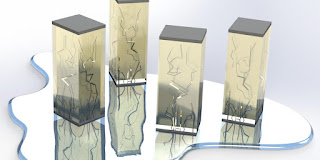Resolving the Achilles’ Heel of Thermal Hall Conductivity Measurements
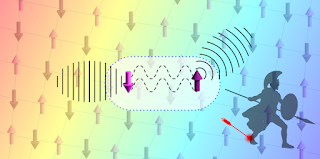
For a long time, researchers assumed that phonons could not contribute to the thermal Hall effect because of their lack of charge and spin. New work challenges this assumption. Figure 1: Only scattering processes that involve at least two (virtual) collisions with collective fluctuations can contribute to a Hall effect. Now researchers show that phonon scattering by a fluctuating quantum field meets this condition and leads to a phonon Hall effect. The results resolve the “Achilles’ heel” of thermal conductivity measurements. How heat flows in interacting quantum many-body systems is one of the most interesting open problems in condensed-matter physics. Understanding thermal transport is particularly challenging in systems where charge-carrier contributions to energy transport are strongly suppressed, such as in insulators and superconductors. In such systems, heat transport cannot therefore be understood in terms of electronic carriers alone. In insulators, acoustic phonons are...
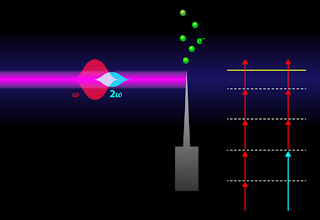
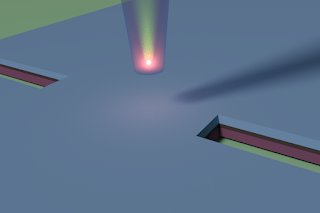
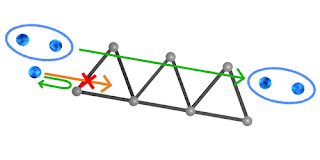
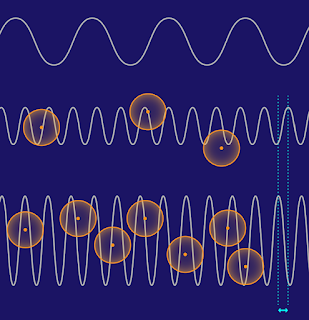
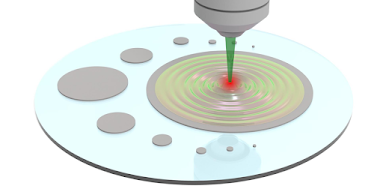
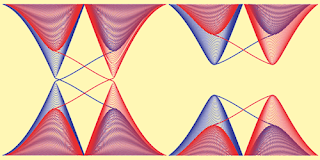
.webp)
